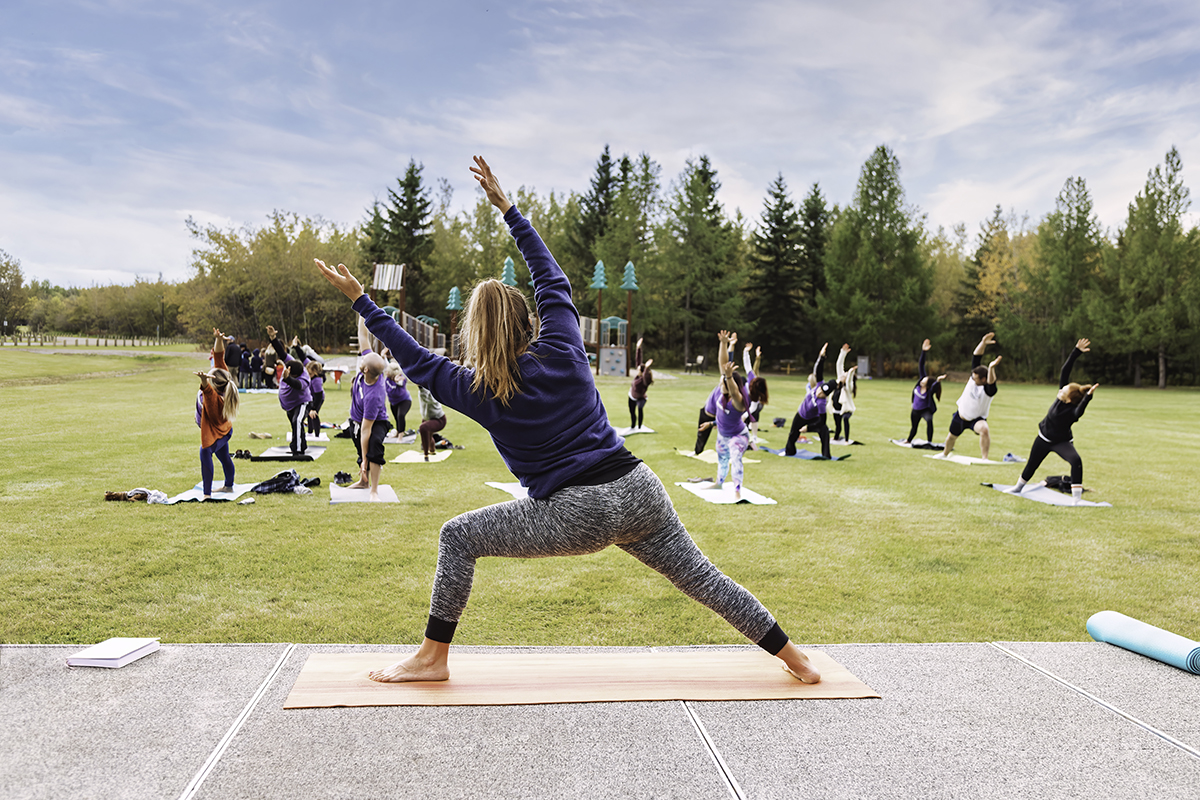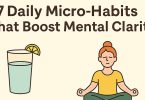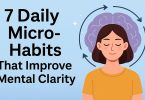In our stressful modern world, achieving and maintaining mental health can seem like an uphill battle. However, a potent solution is often overlooked – regular exercise. This article delves into the mental benefits of exercise, exploring how a consistent fitness routine can help combat stress, anxiety, depression, and more, guiding you towards better mental health.
Table of Contents
- The Mental Health Crisis and the Need for Exercise
- The Science Behind the Mental Benefits of Exercise
- Scientific Evidence: Exercise and Mental Health
- Key Exercise Techniques for Mental Health
- Incorporating Exercise into Your Daily Routine
- Overcoming Barriers to Exercise
- Conclusion: The Road to Better Mental Health
The Mental Health Crisis and the Need for Exercise
With the rapid rise of technology, urbanization, and societal pressures, mental health issues have become a global crisis. Stress, anxiety, and depression rates are skyrocketing, and our mental health is constantly being put to the test. In this struggle, regular exercise emerges not merely as a valuable ally, but a necessary strategy for preserving our mental wellbeing.
Exercise isn’t just about developing muscles or achieving the perfect physique—it’s a critical component for a healthy mind. Our bodies were made to move, and when we neglect this fundamental aspect, both our physical and mental health suffer. Whether you’re a student facing exam stress, a professional dealing with work pressures, or anyone navigating the complexities of modern life, exercise can help you regain control of your mental health.

The Science Behind the Mental Benefits of Exercise
When we exercise, our bodies experience a symphony of biochemical reactions. Our heart rate increases, we breathe more deeply, and we start burning energy. But how does this translate to better mental health?
- Stress Reduction: When you engage in physical activity, your body produces more endorphins—neurotransmitters known as the body’s “natural painkillers” or “feel-good hormones.” The increased production of endorphins helps in reducing stress and inducing feelings of happiness and euphoria.
- Mood Enhancement: Regular exercise can ameliorate mood and diminish feelings of anxiety and depression. Exercise stimulates the production of endorphins and other “feel good” chemicals in the brain, such as serotonin, dopamine, and norepinephrine, which create feelings of happiness and relaxation.
- Improved Sleep: Exercise also aids in improving sleep by helping regulate your body’s internal clock, known as the circadian rhythm. Better sleep contributes to a more stable mood and increased energy levels.</li
- Cognitive Function: Physical activity increases heart rate, which pumps more oxygen to the brain. This, coupled with the secretion of hormones during exercise, facilitates the growth of new brain cells and connections, improving brain performance and cognitive function.

Scientific Evidence: Exercise and Mental Health
Research consistently highlights the mental benefits of exercise. A study published in the American Journal of Psychiatry found that just one hour of exercise of any intensity each week can help prevent depression. Another study from the Harvard T.H. Chan School of Public Health found that running for 15 minutes a day or walking for an hour reduces the risk of major depression by 26%.
A ground-breaking study conducted by Duke University compared the antidepressant effects of aerobic exercise versus medication. The results were astonishing. After four months of treatment, the groups who were exercising or taking medication had similar rates of recovery. The most surprising result came from the 10-month follow-up: those who continued exercising after the study were half as likely to relapse into depression as those who only took medication.
Key Exercise Techniques for Mental Health
Although all forms of physical activity carry some mental health benefits, certain types of exercise can be particularly beneficial:
- Aerobic Exercise: Activities that get your heart rate up, like jogging, swimming, cycling, or dancing, can help decrease overall levels of tension, elevate and stabilize mood, improve sleep, and enhance self-esteem.
- Yoga: Known for its gentle poses and deep breathing techniques, yoga is a mind-body exercise that’s especially good for reducing stress and anxiety. Its focus on mindfulness and body awareness can also help improve your mood.
- Mindfulness-based Exercises: These include exercises that incorporate mindfulness or meditation, such as tai chi and qigong. These activities combine physical activity with a focus on the present moment, which can help reduce stress and anxiety.

Incorporating Exercise into Your Daily Routine
The journey towards improved mental health begins with understanding the mental benefits of exercise and incorporating physical activity into your daily routine. Here are some tips to help you achieve these benefits:
- Start Small: Aim for small, achievable goals, like a 10-minute walk each day. As your fitness improves, you can gradually increase the duration and intensity.
- Choose Activities You Enjoy: You’re more likely to stick with an activity if you’re enjoying it. This could be anything from cycling, to dancing, to playing a sport.
- Make It a Habit: Try to exercise at the same time each day, which can help make physical activity a regular part of your daily routine.
- Find an Exercise Buddy: Having a friend to exercise with can make your workout more enjoyable and keep you motivated. It also adds an element of commitment, making you less likely to skip a session.

Overcoming Barriers to Exercise
Despite our best intentions, there are often barriers that can prevent us from making exercise a part of our lives. It might bea lack of time, energy, or motivation, or perhaps physical or health limitations. Here are some strategies to overcome these obstacles:
- Break It Down: If you don’t have time for a full workout, remember that even short bouts of physical activity offer significant health benefits. Consider three 10-minute walks throughout your day.
- Plan Ahead: If you schedule physical activity as you would any other appointment, you’re more likely to stick to it. Try to exercise at the same time each day so it becomes a regular part of your routine.
- Stay Motivated: Make a list of all the ways exercise benefits your mental health to remind yourself why it’s worth making time for.
- Listen to Your Body: If you have physical limitations or medical issues, choose activities that are safe and comfortable for you. It could be chair yoga, water aerobics, or even simple stretching exercises. Always consult with a healthcare professional before starting any new exercise program.

Conclusion: The Road to Better Mental Health
Exercise offers a myriad of mental health benefits, from reducing stress and anxiety to improving mood and sleep quality. But perhaps its most profound impact is on our sense of well-being. With every step, stroke, or stretch, we’re not just building a stronger body—we’re nurturing a healthier, happier mind. Whether you’re just starting your exercise journey or looking to maintain an existing routine, every bit of physical activity goes a long way towards achieving better mental health.







